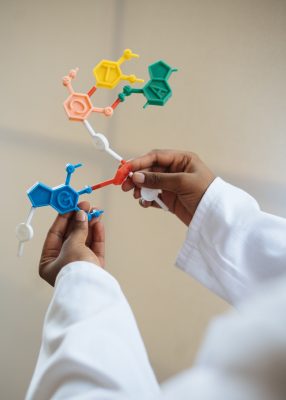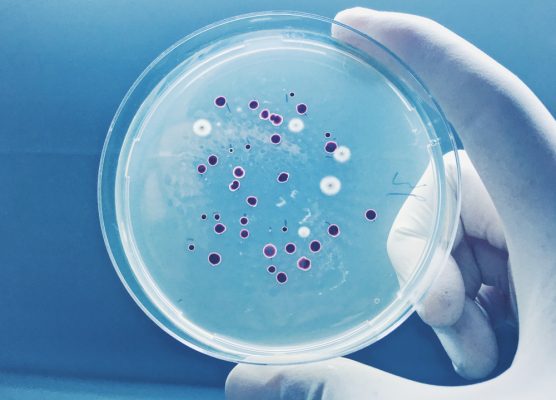Committee profile
Antimicrobial Resistance
The discovery of antimicrobials has alleviated suffering from disease and saved millions of lives over the past 70 years. However, their life-saving power is now compromised by the emergence of antimicrobial resistance and has become a challenge in the treatment and management of zoonotic and infectious diseases.
Promoting prudent and responsible use of antimicrobials is the best solution to combat drug resistance and also a means through which safe, effective and economic medication is provided to the public. Proper medicine use can be addressed by the collaborative efforts of prescribers, dispensers and the general public ensuring adherence to treatment and protection from antimicrobial resistance, unnecessary adverse drug reactions and increased medical cost to our citizens.
Resistance to antimicrobials is a universal problem and because microbes are dynamic it requires a dynamic and trans-sectorial approach.
Focus and Functions

Planning
Participate in the planning and implementation of appropriate control measures in responding to health threats affecting the human-animal-plant-environment interface because of natural phenomenon.

Investigation
The development of resistance to drugs commonly used to treat malaria, Tuberculosis (TB) and Human Immunodeficiency Virus (HIV) is of particular concern and an impediment in achieving control and or elimination.

Strategy
The prevention and containment of antimicrobial resistance has a common approach and requires integrated and well-coordinated efforts at the global level and national level. It is a biological, behavioral, technical, economic, regulatory and educational problem requiring a comprehensive response employing evidence based strategy.


